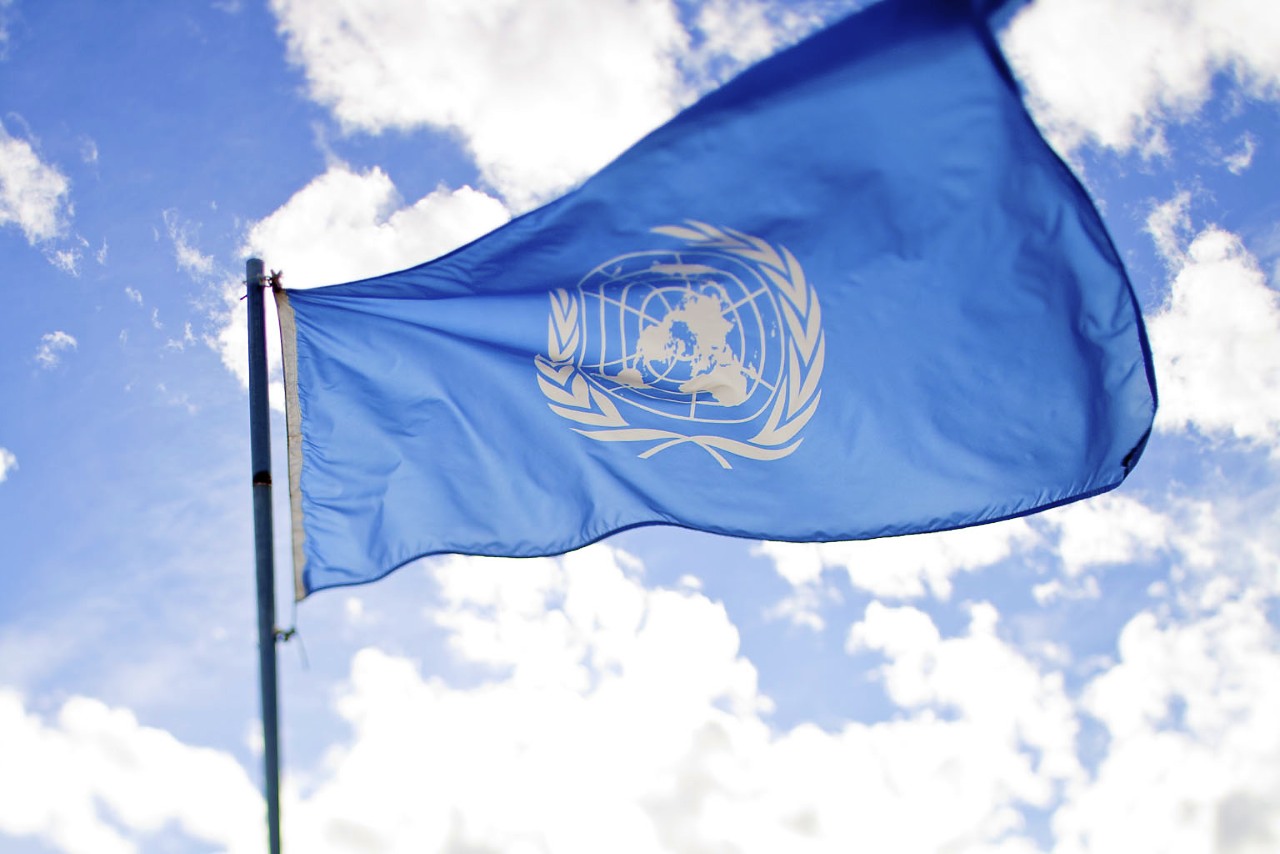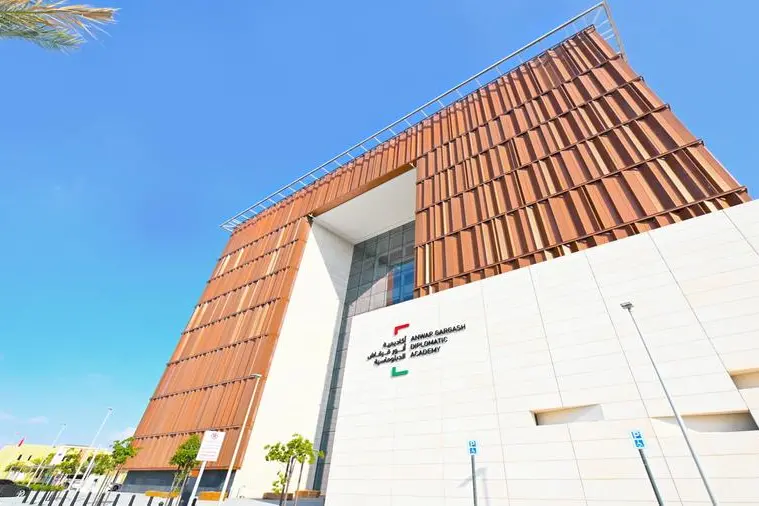On 12 May 2021, the Civil Society-UN Prevention Platform convened an informal virtual dialogue on ‘Advancing UN Prevention Efforts Across Sectors and Institutions,’ with participation from a diverse range of representatives of the United Nations (UN), Member States, and civil society, including ACCORD. The Civil Society-UN Prevention Platform aims to support the UN’s prevention agenda through strengthening coordination and information sharing between civil society organizations (CSOs) and the UN at all levels, through close collaboration with the Department of Political and Peacebuilding Affairs (DPPA). The Platform seeks to identify concrete, practical steps to enhance the UN and CSOs’ collective capacity to carry out preventive work, through sharing examples of best practices, identifying areas of potential collaboration and supporting UN efforts to bridge early warning and early action.
The dialogue built upon a series of reflective discussions entitled ‘UN Prevention Across Sectors and Institutions: Pathways for Effective Prevention,’ organised by the Platform in 2020, and provided an opportunity to engage in a forward-looking discussion to advance prevention in light of current and upcoming UN processes such as the UN75 process, the Common Agenda, the 2030 Agenda and the 2022 high-level meeting on financing for peacebuilding.
ACCORD, as a core member of the UN-CS Prevention Platform contributed at the panel discussion. Ms. Karishma Rajoo, General Manager: Programmes at ACCORD, provided input on significant aspects of the role of women and youth in peacebuilding efforts on the continent. Ms. Rajoo also presented on peacebuilding within the COVID-19 context.
The implementation of the Youth, Peace and Security (YPS) Agenda (including as a cornerstone of the “Silencing the Guns” initiative) and the Women, Peace and Security Agenda (including through support of women mediators’ networks, such as FemWise-Africa) have proven to serve important goals of prevention. However, attempts to advance prevention continue to be hampered by a number of challenges. Trends of growing nationalist and populist rhetoric have increased the difficulty of advancing multilateral approaches for preventive action. The COVID-19 pandemic has exacerbated the root causes of conflict and led to many governments looking inwards. There simply remains a lack of political will for more anticipatory and proactive approaches to addressing conflict. Further, despite the meaningful inclusion of diverse stakeholder groups being both “the right thing to do” and the most effective way of preventing conflict, it has proven difficult to ensure that such efforts go beyond one-off consultations. These opportunities and challenges impact the trajectory of violent conflict in each region of the world. Meaningful change requires the continued exchange of perspectives between UN actors, Member States, and civil society to make certain that the implementation of the prevention agenda matches the rhetoric of inclusion of all stakeholders and to capitalise on local knowledge.
The virtual dialogue provided a platform for the diverse representatives to input and strengthen mediation and prevention mechanisms through engagement with key policy actors. ACCORD remains committed to supporting and strengthening mediation interventions in Africa, and the Civil Society-UN Prevention Platform provides a highly appropriate foundation for ACCORD to contribute to effective preventative and mediation capacities.








